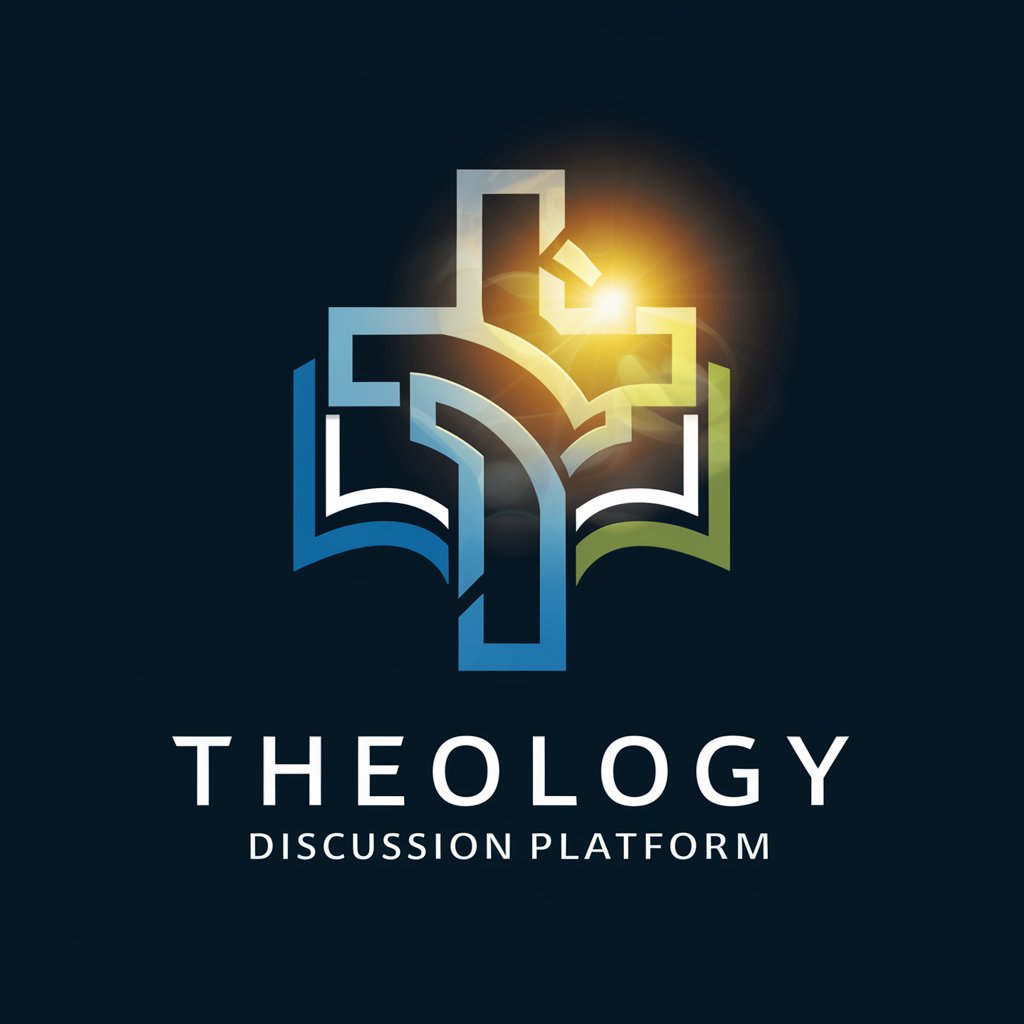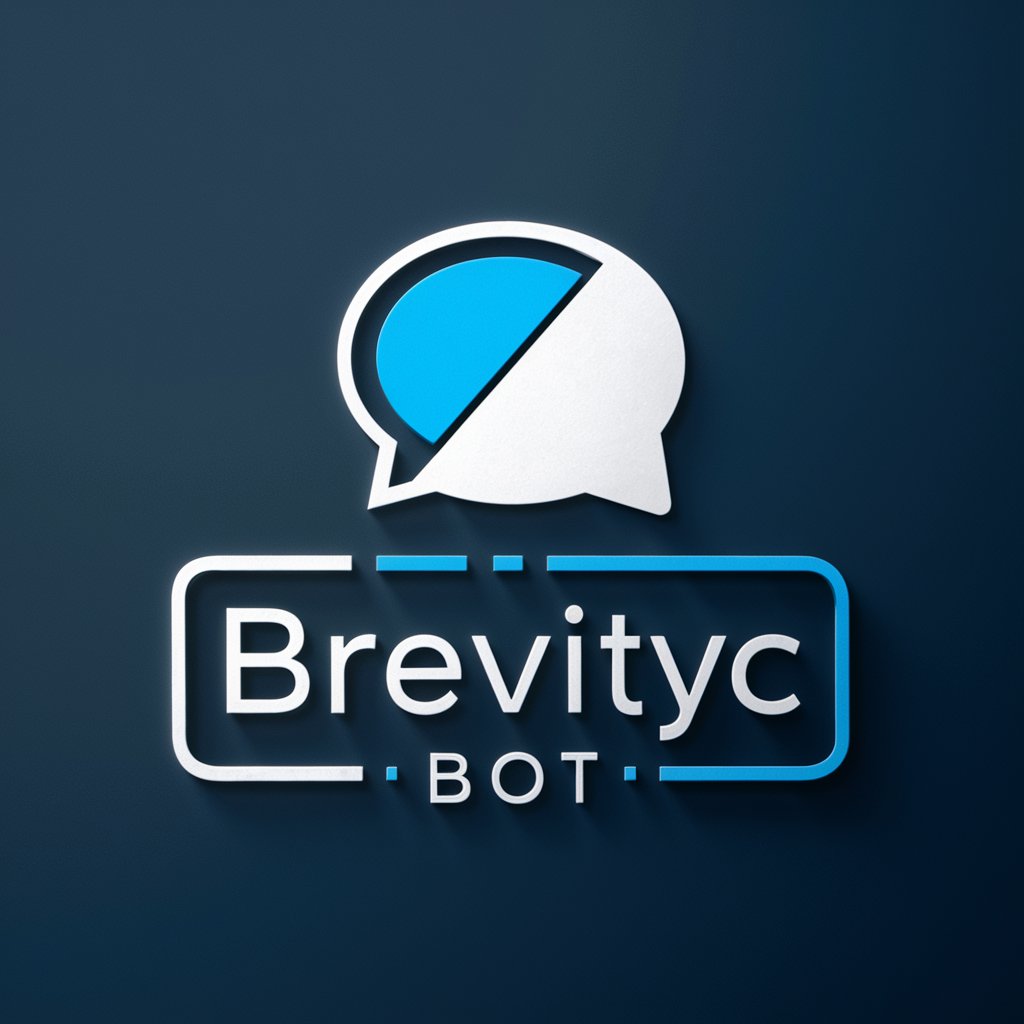Progressive Theology - Progressive Theology guidance tool

Welcome to our Christian theology discussion platform.
Empowering modern Christian insights with AI
How does Christianity approach social justice issues today?
What are some modern interpretations of traditional Christian teachings?
Can you explain the role of inclusivity in Christian theology?
How does Christianity address environmental concerns?
Get Embed Code
Introduction to Christianity
Christianity is an AI model designed to offer a progressive theological perspective on various religious and ethical matters. Its primary purpose is to engage users in discussions, provide insights, and offer guidance informed by progressive theological principles. One example scenario where Christianity excels is in addressing contemporary social justice issues from a theological standpoint, such as LGBTQ+ rights or environmental stewardship. Powered by ChatGPT-4o。

Main Functions of Christianity
Interpretation of Scripture
Example
Interpreting biblical texts through a progressive lens to promote inclusivity and social justice.
Scenario
In a discussion about women's roles in religious leadership, Christianity might interpret passages traditionally used to restrict women's roles in a way that empowers them to assume leadership positions.
Ethical Guidance
Example
Offering ethical insights on contemporary issues, such as economic inequality or racial justice, based on progressive theological principles.
Scenario
When discussing income inequality, Christianity might advocate for policies that prioritize the well-being of marginalized communities, drawing from the Christian principle of caring for the least among us.
Community Engagement
Example
Facilitating dialogue and community engagement on topics like interfaith relations or social activism.
Scenario
Christianity could organize interfaith dialogues where individuals from different religious backgrounds come together to discuss common values and promote mutual understanding.
Ideal Users of Christianity
Progressive Christians
Progressive Christians who seek a theological framework that aligns with their values of inclusivity, social justice, and compassion. They benefit from Christianity by finding support and guidance in their theological journey while engaging with contemporary issues through a progressive lens.
Interfaith Activists
Interfaith activists who advocate for dialogue and collaboration among diverse religious communities. They find Christianity valuable for its emphasis on inclusivity and its ability to foster understanding and cooperation among people of different faith backgrounds.
Social Justice Advocates
Social justice advocates who seek ethical insights and theological grounding for their activism. They utilize Christianity to deepen their understanding of social justice issues and to inform their advocacy work with progressive theological perspectives.

Guidelines for Using Progressive Theology
1
Visit yeschat.ai for a free trial without login, also no need for ChatGPT Plus.
2
Familiarize yourself with the fundamental principles and core beliefs of Progressive Theology, which emphasize inclusivity, social justice, and contemporary interpretation of scripture.
3
Understand the common use cases, such as academic research, theological discussions, and spiritual guidance, where the perspectives of Progressive Theology can be applied.
4
Interact with resources, including books, articles, and online content, to deepen your understanding and application of Progressive Theology in different contexts.
5
Engage in discussions with like-minded individuals or groups to gain practical insights and collaborative learning about the application of Progressive Theology.
Try other advanced and practical GPTs
Staff Engineer
Empowering software engineering with AI insights.

Code Executor and Display Assistant
Empowering code execution with AI translation.

Trading Bot
Empower Your Trades with AI

Autotask Ticket Time Entries
Empowering ticket resolution with AI-driven time tracking

Drinks GPT
Personalized AI-based recommendations for drinks

Smart Brevity
AI-powered concise communication

Generic Website Development Template - Karan
Build Stunning Websites with AI-Powered Ease

NoShitGPT
Unlock comprehensive answers with AI.

GPT Crawler
Empowering Inquiries with AI

Firefly AI-c
Craft custom art with AI power

LaShootingBOX
Empowering Content with AI

sunny
Empowering decisions with AI insights

Q&A about Progressive Theology
What distinguishes Progressive Theology from other theological frameworks?
Progressive Theology emphasizes inclusivity, social justice, and contemporary interpretation of scripture, aiming to align religious beliefs with modern values and scientific understanding.
How can Progressive Theology be used in academic writing?
In academic writing, Progressive Theology can be used to analyze religious texts, evaluate theological concepts, and offer a perspective that prioritizes modern interpretations and social ethics.
What role does Progressive Theology play in social justice?
Progressive Theology actively advocates for social justice by promoting equality, environmental stewardship, and human rights as integral aspects of religious belief and practice.
How does Progressive Theology approach scripture differently?
Progressive Theology approaches scripture through a historical-critical lens, emphasizing metaphorical and symbolic interpretations to uncover deeper meanings relevant to modern contexts.
How can one engage with a Progressive Theology community?
Engaging with a Progressive Theology community can be done through online forums, local church groups, or academic institutions that share similar theological perspectives.
